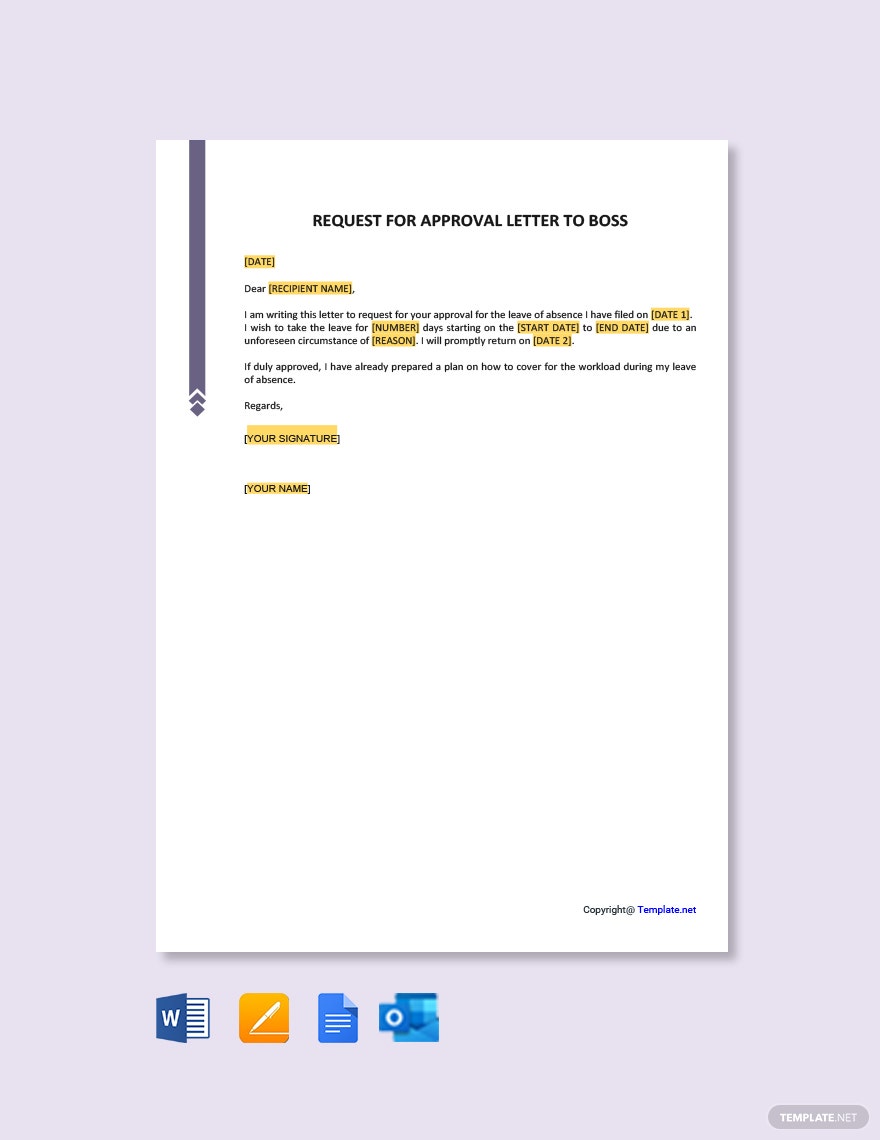
When it comes to making career decisions, our gut instincts can be a great guide. These instincts are not to be ignored. These can be helpful for areas of decision making that we are familiar with, like evaluating trustworthiness in someone. But not for newer aspects.
Good career decisions are made by gut intuition
If you're in the process of deciding what career path to take, your gut instinct can be an invaluable tool for making a decision. You should remember that intuition can be inaccurate and not always include all relevant data. Using your gut instinct to decide on a job offer could lead to a poor decision if you don't take the time to find other pieces of information that would help you make a better choice.
Gut intuition comes from your experience and draws from both subjective and objective information. Intuition can be developed and learned, but not as an emotional decision. It requires time to think about a situation and pay attention to prototypes and exemplars. This will allow you to apply the lessons learned to your future decisions.
Family influences on career decision-making
The importance of family in career decision making is well-documented. It can also include factors like parental values or gender perspectives. Future research could also look into the role of grandparents and other extended family members. One example is the possible impact of grandparents' career choices on children's careers.

The influence of family in career decision-making has been found to be positive for the overall career process. It also has been shown to increase job satisfaction and life satisfaction. It is important to remember that there haven't been any studies showing a significant relationship between happiness and parental education. Additionally, there is no direct evidence of parental income and education having an impact on CDSE or self-efficacy.
Explore different career options
Career exploration is the process of comparing all options and deciding what you want. This helps you assess your current situation and to determine whether you are satisfied in your job. This process can help you discover a rewarding career, which may include learning new skills.
Exploration of career options is an ongoing process that you continue throughout your professional life. Although it can be frustrating, this process will help you make better choices that will lead you to a rewarding career. It involves evaluating your interests, personal values, technical abilities, and work-life harmony to determine the right career path.
Career outcomes expectancy
Career outcomes expectancy (COE) is a measure of self-efficacy related to career decision-making. This measure helps students make a more informed choice when it comes to pursuing a career in STEM fields. Researchers have developed different ways of assessing CDSE and its impact on career choices.
One of the most common ways to measure self-efficacy in career decision-making is through demographic variables. The study focuses on the views of minority groups, which allows for a comprehensive exploration of the participants' viewpoints. The scholars dug into the data and read through individual texts many times to help them analyze it. The scholars then developed preliminary codes using the readings. These codes were then recorded in a comprehensive codebook. A continuous comparative process was used to refine them.

Interpersonal factors
Many career decisions are made in an environment that includes social interaction. The impact of family and social relationships on career decisions was examined in this study. Although the findings were consistent across all students, there was some variation in the extent to how family and friends influence career choice. Supportive environments or close to their families helped students make better career decisions.
Career decision-making processes are highly complex and involve a variety of domains. Gelatt's progressive model for decision-making is a good foundation to understand the process. The model illustrates the decision-making process as an ongoing activity that changes dynamically with additional information. A young learner may decide to study technology if she is exposed to them during her education. Adolescents also dynamically combine information and texts from others to make their decisions.